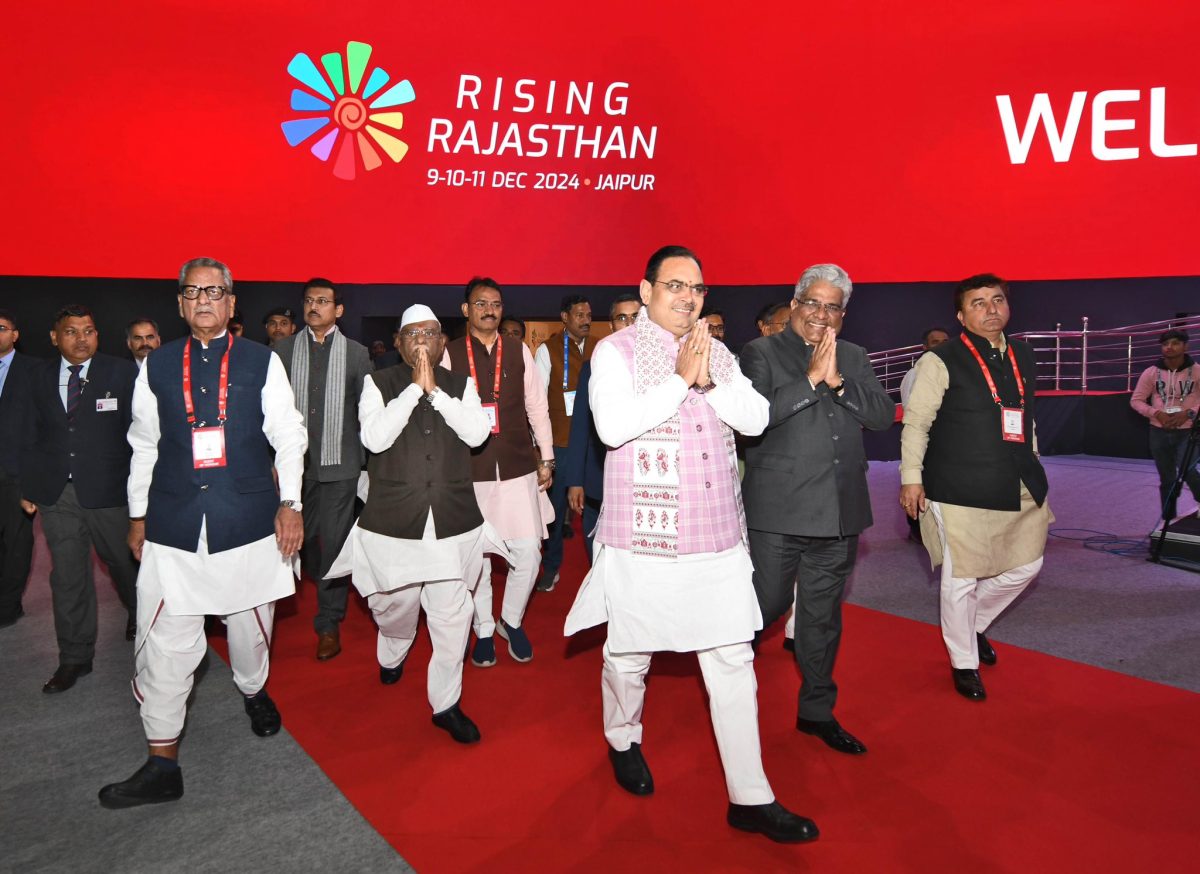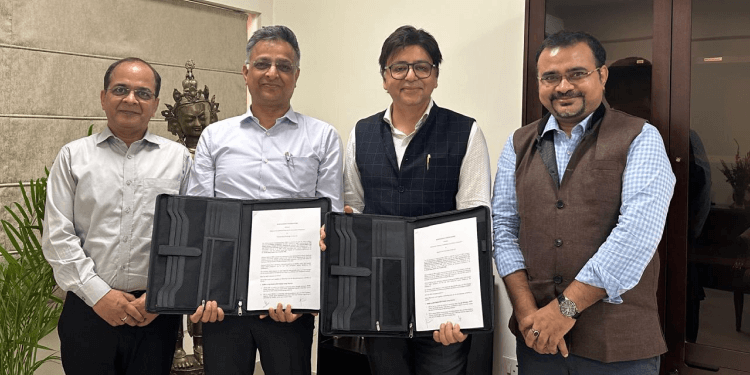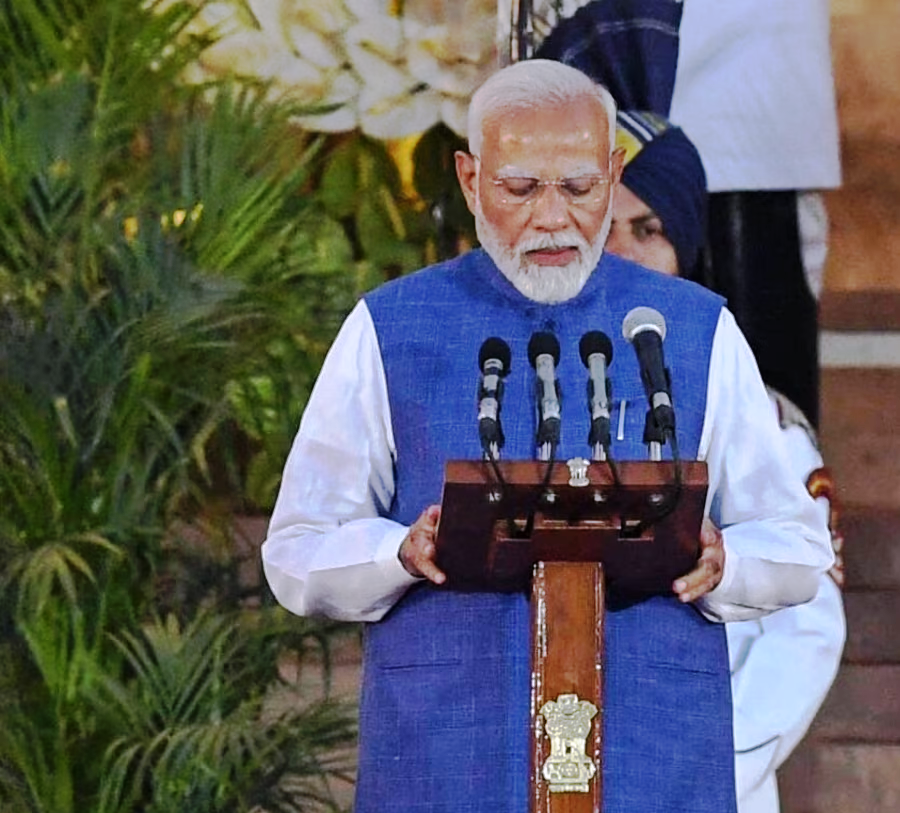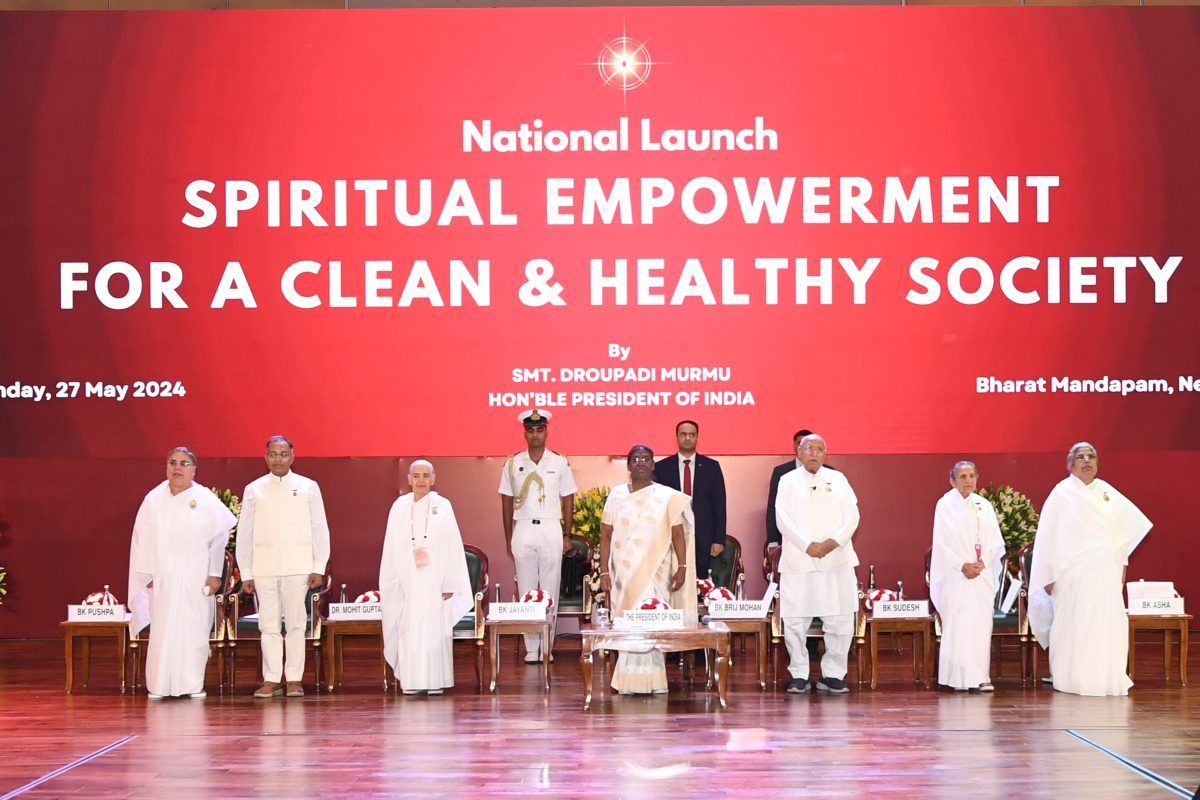Mushroom King’s Meteoric Rise

Mushroom King’s Meteoric Rise
He is called the mushroom king. Kishan Samrat and Krishi Ratna are some of the awards he has won for his innovative techniques in producing exotic varieties of mushrooms in a place like Sikar. But the journey of the Sikar farmer Mota Ram Sharma is not only breathtaking but immensely inspiring. With his mushroom farming setting new benchmarks every year, Sharma has recently turned down a Rs 20 lakh annual package from an Israel firm.
20 years ago when he entered the mushroom cultivation business, he never thought that the trade would bring him such fame and money, and change his status from being a farmer to businessman. When he was in Assam, and doing a private job, he had his first familiarity with mushroom and its various medicinal properties. But it was a couple training programmes on mushroom cultivation in Rajasthan that stirred up his interest.
Like any businesses, he also started from a scratch in 1995 and had sales of Rs 500 in the first year. But as his passion grew, the business also started expanding. Today, he gets revenues of close to Rs 30 lakh annually both from mushroom sales and medicinal products.
“The government sponsored training programme in Jaipur and a district level training in Sikar sowed the seeds of interest in mushroom cultivation. Moreover, I took a training for three months at the National Centre for Mushroom Research and Training, NCMRT (now Directorate of Mushroom Research, DRM) at Solan in Himachal to understand the processes of cultivating various varieties,” said Sharma who still goes twice a year to Himachal for updating his understanding.
Now, Sharma has four rooms with sizes ranging from 80 feet to 32 feet where the farming is done with controlled temperature in terms of air handling and air cooling requirements. There are also 13 processing rooms. He grows all season varieties with different techniques and processes.
In winters, he cultivates verities like button mushroom, florida, kabullaranjuan, litake arculenia mushrooms. In summers, milk mushroom, kolosaibindice, sajar kaju, black, pink and yellow oysters amushrooms nd genodroma lucidorm. But Sharma is ecstatic about the genodroma lucidorm, a variety grown in England.
“We are pioneers in growing genodroma lucidorm in India and it requires lot of care in the whole chain of farming and processing. But this variety has lot of medicinal properties like it can prevent HIV, cancer, diabetes, and heart diseases,” said Sharma.
He cited examples of how people have been cured of asthama by using his mushroom juice and aloe vera. Besides mushroom, Sharma is also into processing of various ayurvedic medicines made of triphala and aloe vera. Besides farming, Sharma also doubles up as an expert in mushroom farming and goes to institutions like Rajasthan University to give lectures. In addition, he also holds training programmes at his Sikar unit to provide practical knowledge attracting students even from Israel.
“The training has helped people to take up mushroom farming as business venture. There are ten people, who took training at my units, have started cultivating mushroom in Rajasthan,” said Sharma. On subsidies, he said that the government provides subsidies for some varieties but growers should not depend on that.
“Subsidies breed a negative thinking and have often been the cause of failures. I have never gone to avail the government subsidies as it dilutes the passion and commitment. If anyone wants to create a market for its products, they have to competitive. Sometimes people enter the trade thinking that subsidies will see them through if there is any issue with their business. But that’s a wrong approach,” added Sharma.Z
Out of the total production, much of the quantity goes to Azadpur Mandi in Delhi. He has also tied up with Reliance Fresh and sells some in the local market as well. But Sharma, ably supported by his two sons, nurtures bigger plans. While the younger one is a mushroom scientist, the elder son is BHMS. With their contribution, he aims at developing more varieties in addition to the 13 varieties that they currently cultivate. “The magic mushroom cultivated in England is on our radar. Apart from that we will bring more varieties. We are currently renovating our units with pucka houses and removing the tarpaulin structures. All this is done keeping in mind the objective of growing the business to a bigger scale,” added Sharma.
Recently, there was an offer from an Israel-based company for Sharma to start units in the country. He was offered an annual salary package of Rs 20 lakh. But he declined the offer as he wanted to focus more on his own business.





